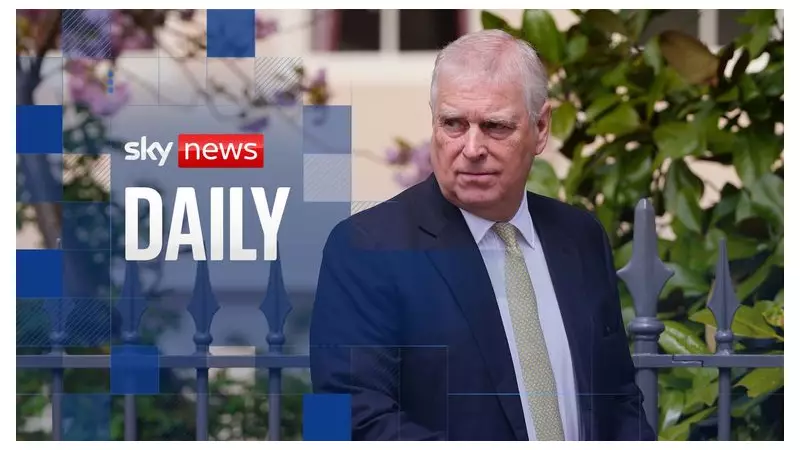
The future of Prince Andrew, the Duke of York, remains shrouded in uncertainty as he continues his exile from royal life following the fallout from his association with convicted sex offender Jeffrey Epstein.
A Royal in Retreat
Since stepping back from public duties in 2019, Andrew has maintained an exceptionally low profile, largely confined to his Royal Lodge residence in Windsor. The once-prominent royal, previously known for his trade envoy role and military connections, now faces a dramatically different reality.
Financial Pressures Mount
Insiders suggest the Duke is facing significant financial challenges. With his annual £249,000 Sovereign Grant payment ceased and his mother, the late Queen Elizabeth II, no longer providing supplemental support, questions surround how he maintains his 30-room mansion and substantial staff.
The Royal Lodge Dilemma
Speculation persists that King Charles III would prefer his brother to downsize to the more modest Frogmore Cottage, previously home to Prince Harry and Meghan Markle. However, Andrew appears determined to remain in his current residence, despite the considerable upkeep costs.
No Return to Public Life
Royal experts are unanimous: a return to public duties seems inconceivable. The settlement of his civil sexual assault case with Virginia Giuffre, while not an admission of guilt, has permanently damaged his reputation beyond repair.
Security Concerns
Another pressing issue involves his taxpayer-funded security detail. With his status diminished and threats potentially increasing due to the scandal, the cost and necessity of his protection remain contentious topics.
A Lonely Existence
Those close to the situation describe Andrew's life as increasingly isolated. Stripped of his military patronages and royal affiliations, he's been effectively erased from the working royal family he once served.
The Duke's story serves as a stark reminder of how quickly royal fortunes can change, leaving a prince without a purpose in the modern monarchy.





